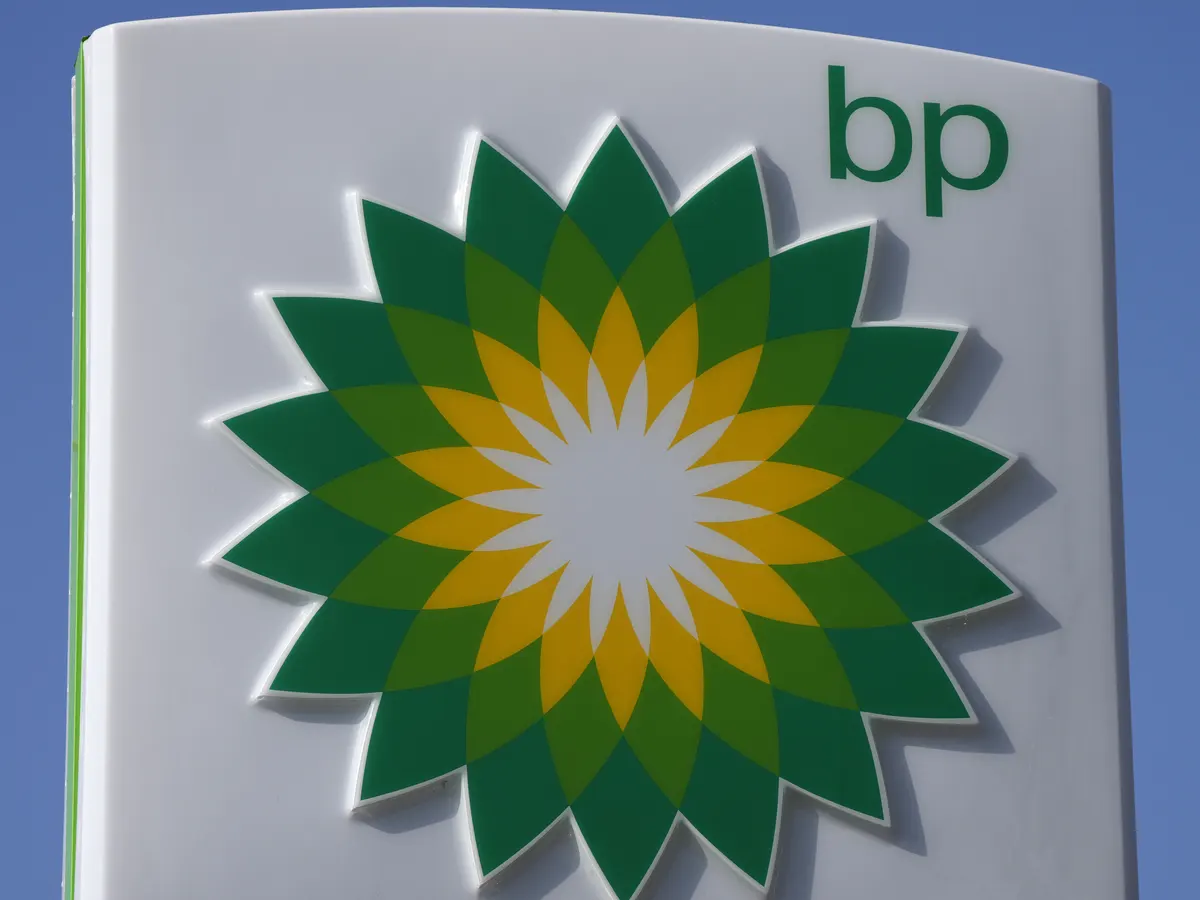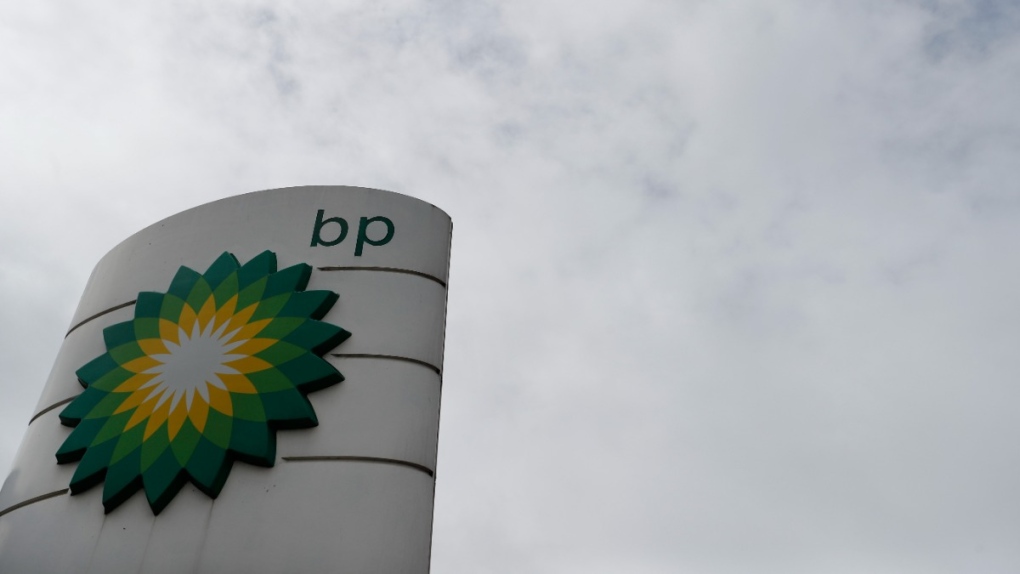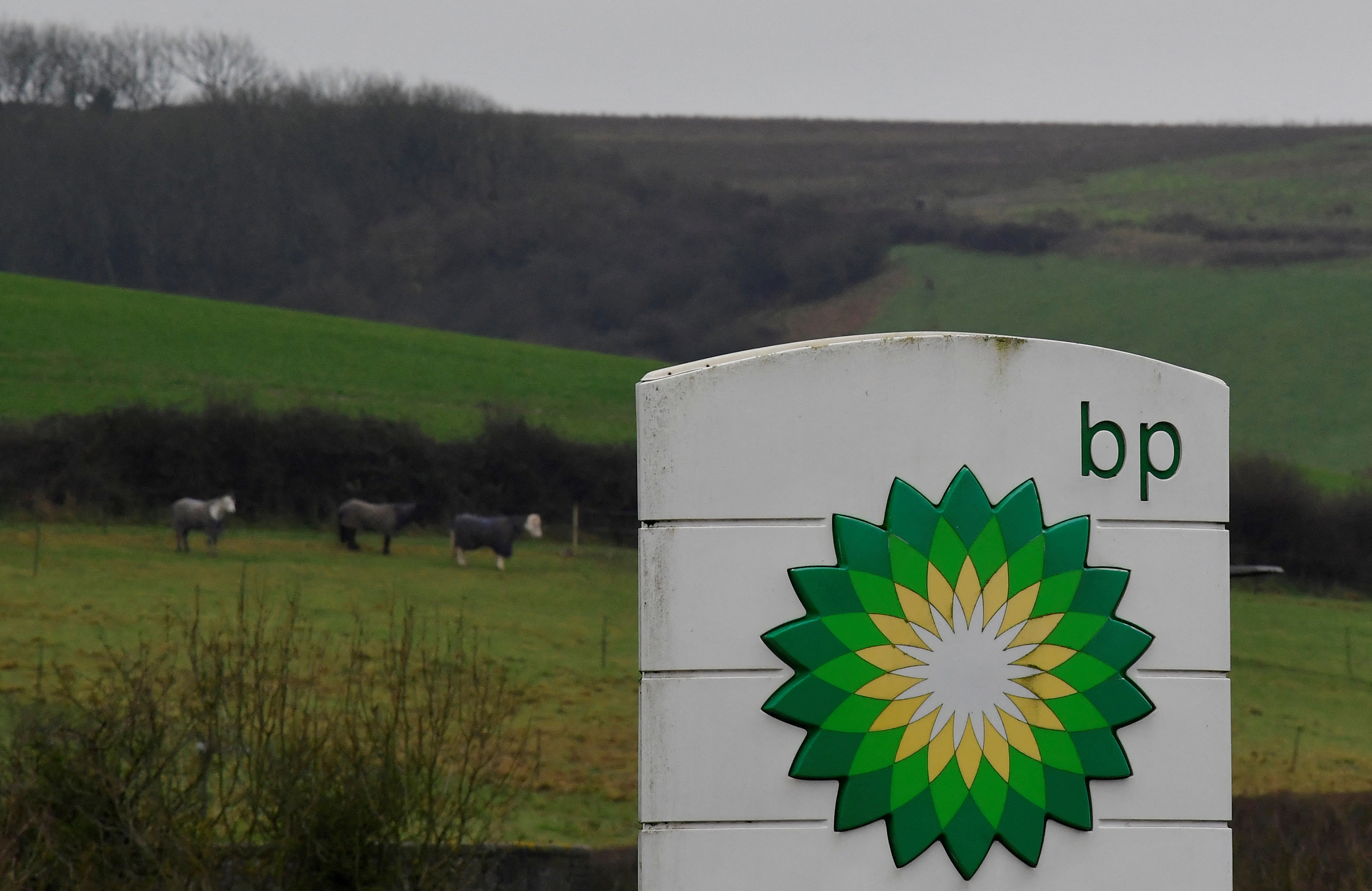LONDON, England — On Tuesday, BP announced that it had made the most money ever in a single year. This added to calls for the UK government to raise taxes on companies that are making money off of the high prices of oil and natural gas because of Russia’s invasion of Ukraine.
BP, which has its headquarters in London, said that its underlying replacement cost profit, which does not include one-time items or changes in the value of inventories, went up from $12.8 billion in 2021 to $27.7 billion in 2022. BP earned $26.8 billion in 2008 when tensions in Iran and Nigeria drove global oil prices to a record of more than $147 per barrel.
BP also said it would buy back more shares from shareholders worth $2.75 billion and raise its quarterly dividend by 10%.
But public anger, especially in the country where the company is based, is likely to make the good news for BP shareholders less exciting. High oil and gas prices have hit Britain hard, with double-digit inflation fueling a wave of public-sector strikes, a surge in food bank use, and calls for politicians to expand a tax on energy companies‘ windfall profits to help pay for public services.
Ed Miliband, who is in charge of the environment for the opposition Labour Party, has asked the UK government to put a “proper” windfall tax on energy companies.
BP Faces Critisism Over The Profit Margins
“Yet another day of huge profits at an energy giant, windfalls from war,” Miliband said.
Shell, based in London, received similar criticism last week after reporting that its annual earnings more than doubled to a record $39.9 billion.
Energy companies around the world are making a lot of money, which has led to calls for the fossil fuel industry to do more to help with high energy bills and reduce carbon emissions that hurt the environment. Last week, Exxon Mobil, which is based in the United States, said it made a record $55.7 billion.
Last year, Britain put a 25% windfall tax on earnings from oil and gas production in the country. In 2023, the tax will go up to 35%. Opposition leaders have chastised the government for allowing energy companies to reduce their tax liability by investing in the United Kingdom.
BP said it took a $1.8 billion charge last year to cover the new UK tax.
The Company Had To Pay Lots Of Fees To Leave Russia
The company also had to pay $25.5 billion in fees because it decided to pull out of its investments in Russia after Russia invaded Ukraine.
After taking into account one-time costs and changes in the value of inventories, BP reported a net loss of $2.49 billion for 2022. This is a big change from the year before, when it made a net profit of $7.57 billion.
BP said on Tuesday that it would invest an extra $8 billion in its oil and gas businesses, as well as in clean energy, hydrogen, and charging stations for electric cars, through 2030.
The investments will increase oil and gas production to approximately 2 million barrels of oil equivalent per day by 2030. BP had planned to cut production by 40%, but the new goal is only 25% less than what was planned for 2019.
“We will prioritize projects where we can deliver quickly, at a low cost, and using our existing infrastructure, allowing us to minimize additional emissions while maximizing both value and our contribution to energy security and affordability,” said CEO Bernard Looney statement.
Prices Of Oil Has Been Falling
Following the invasion of Ukraine, energy prices skyrocketed. Brent crude, a global oil price benchmark, averaged $101.32 per barrel last year, 43% higher than in 2021. The average wholesale price of natural gas in the United Kingdom increased by 76%.
Prices have been falling in recent months, with Brent crude averaging $88.87 per barrel in the fourth quarter.
“The question is, what will they do with record profits and operating cash flow? Governments are already questioning record profits from peer global energy companies,′′ according to Gianna Bern, author of “Investing in Energy: A Primer on the Economics of the Energy Industry.” “At a time when inflation and gas prices are both at record highs, energy companies around the world will have to rethink the cost and availability of energy for everyone.”
According to Alice Harrison, fossil fuels campaign leader at environmental advocacy nonprofit Global Witness, BP’s profits were made “on the back of three global crises” — the Ukraine war, the energy crisis, and climate breakdown.
“These massive profits will be a bitter pill to swallow for those in need,” Harrison said. “There’s no denying it: BP is richer because we’re poorer.”
SOURCE – (AP)












